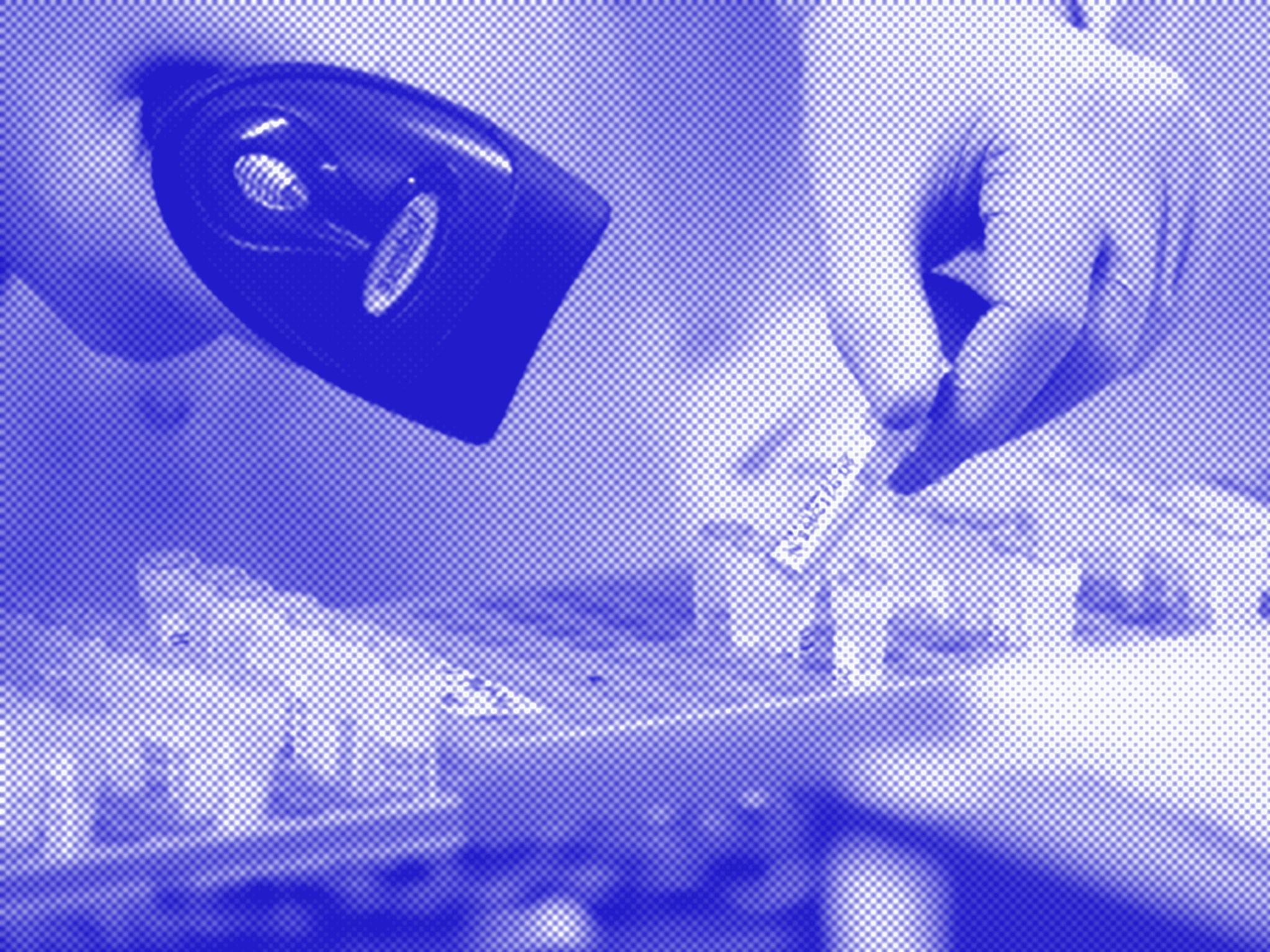How German coronavirus testing stormed ahead of the UK’s model
Investigation: Shaun Lintern looks at how Berlin’s expansion avoided some of the problems that have dogged Britain’s testing programme


Your support helps us to tell the story
From reproductive rights to climate change to Big Tech, The Independent is on the ground when the story is developing. Whether it's investigating the financials of Elon Musk's pro-Trump PAC or producing our latest documentary, 'The A Word', which shines a light on the American women fighting for reproductive rights, we know how important it is to parse out the facts from the messaging.
At such a critical moment in US history, we need reporters on the ground. Your donation allows us to keep sending journalists to speak to both sides of the story.
The Independent is trusted by Americans across the entire political spectrum. And unlike many other quality news outlets, we choose not to lock Americans out of our reporting and analysis with paywalls. We believe quality journalism should be available to everyone, paid for by those who can afford it.
Your support makes all the difference.As the UK barely managed 5,000 coronavirus tests a day in early March, Germany was already nearing 100,000 tests per week – significantly ramping up testing with the virus raging in nearby Italy.
While Britain had stopped most testing of the virus and entered into lockdown, Berlin took a different path, mobilising its network of laboratories and involving dozens of private labs and companies in what was seen as a national effort.
In our investigation into Britain’s efforts to rapidly expand testing, funded by The Independent's Supporter Programme, multiple sources referenced the German approach as an example of what the UK could have done had decisions been taken earlier. Though the German diagnostics industry is better established than the UK’s, they also pointed to a fundamentally different approach for expansion and conveying results.
How you can support more truly independent investigations
This article was funded by our supporters. If you would like to see more of this important work, please make a contribution
Tom Lewis, national lead for pathology in the NHS Getting It Right First Time programme, said: “If you look at Germany in particular, here is an integrated public health response with testing at the core of that but it’s testing with a purpose. They had a much smaller problem than we did.”
Colin Fink, from Micropathology Ltd, said: “Germany is very interesting. There is no public-private divide in the sense that there’s no Victorian prejudice against trade like there is in the UK. They are controlled price-wise, by the government and their competition is really their turnaround time, and their portfolio of organisms.
“They instantly geared up when they saw this coming and so they had a much better infrastructure to be able to address the problem.”
When the first cases emerged in Germany in February many of the existing private labs in the country recognised the threat and began to work on increasing testing.
Daniel Hefel, from Medicover Diagnostic Services and a member of Germany’s Association of Certified Labs, or ALM, told The Independent: “We started very early to bring together all the competition, usually the laboratories were never talking to each other, but we decided very early in the Covid-19 crisis that we needed to share information.
“The most important thing was speed and to scale up very, very quickly so that we can deliver results the same day or one day later.”
He said that by the first week of March the country was delivering just under 100,000 tests a week but this rapidly increased and is now in the region of 350,000 tests a week after 10 weeks with the capacity to do much more if needed.
He said spreading out the labs as opposed to centralising testing was easier, logistically, and meant faster results.
Alongside the mass testing he said any positive result was communicated to local health authorities immediately, initially by phone, though the system is now automated.
“We were the laboratory who picked up the first two cases in Mecklenburg-Vorpommern, that’s the state in the northeast,” Hefel said. ”We reported at four o’clock on the results and two hours later it was in the media. In these two hours we informed the health authority, the health authority went to the media, but in parallel they contacted the patient and started immediate isolation. This was in the beginning of March.
The biggest challenge is when you have a huge centralised lab, and you want to funnel everything into the central lab, and that was also what the US did in the beginning where they had a couple of monster labs set up, but it was not covering the whole state so they opened up to many other labs in the US and then scaling is much easier.”
Asked about the UK approach he said: “Building up something from scratch is certainly very difficult. I would have it done differently.”
A Department of Health and Social Care spokesperson said: “The Lighthouse Labs form part of the biggest network of diagnostic laboratories in British history and has been set up in a matter of months.
“The UK has one of the largest testing programmes in the world and it draws on the expertise and resources of a number of public and private sector partners which has undoubtedly curbed the spread of the virus and saved lives.”
Read the rest of our Failing the Test investigation:
Local health officials say they have been left in the dark on spread of coronavirus
Inside the coronavirus mega-labs
This article was funded by our supporters. If you would like to help fund more investigations, please make a contribution
Join our commenting forum
Join thought-provoking conversations, follow other Independent readers and see their replies
Comments